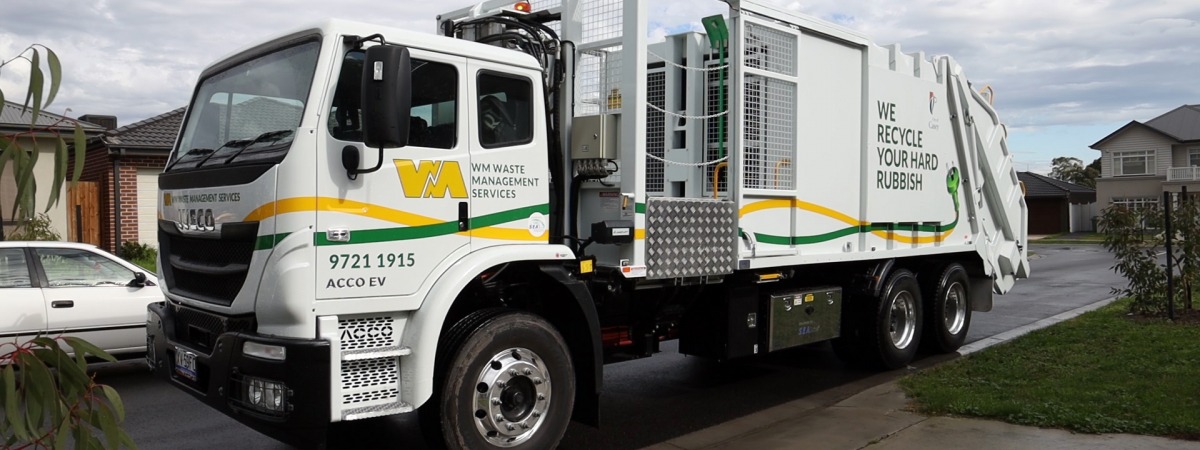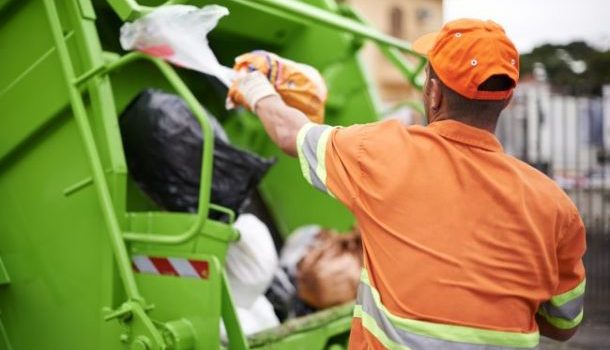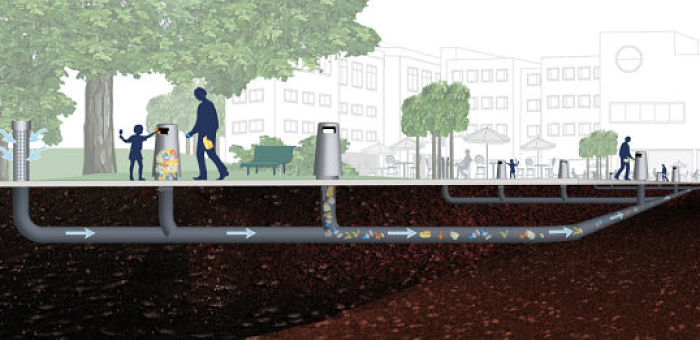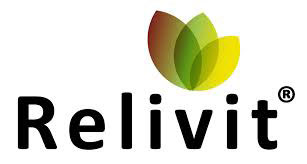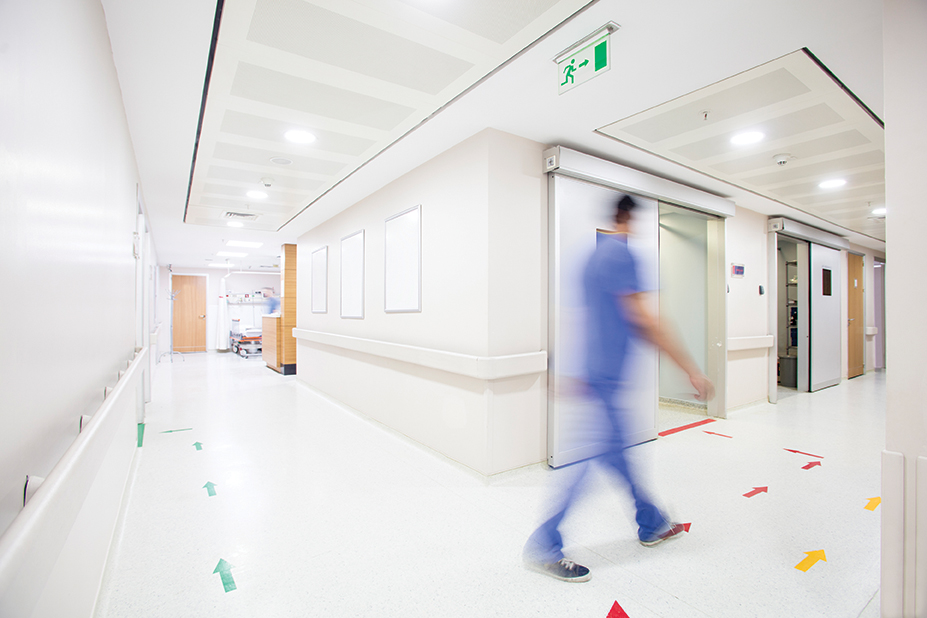
The national Biohazard Waste Industry (BWI) committee, a division of the Waste Management and Resource Recovery Association of Australia (WMRR), has developed guidance to assist in providing direction to hospitals, aged, and health care providers managing COVID-19 affected materials, and to assist those who are managing waste, both within and outside of these facilities.
In the wake of the declaration of COVID-19 as a pandemic by the World Health Organisation (WHO), many stakeholders including hospitals, aged and health care providers, are considering the additional measures to ensure the appropriate management of waste from patients, confirmed or suspected, infected with COVID-19.
BWI, the peak body for the management of clinical and related waste in Australia. seeks to offer general guidance to stakeholders.
BWI also recommends that organisations contact and work with their waste management providers if they have any specific questions or require further information.
Australian standards
Under AS 3816:2018 Management of Clinical and Related Wastes, clinical waste is defined as any waste that has the potential to cause injury, infection, or offence, arising but not limited to medical, dental, podiatry, health care services and so forth.
The current situation
At this time we are not aware of any evidence that direct, unprotected human contact during the handling of healthcare waste has resulted in the transmission of COVID-19, nor is COVID-19 regarded as a Category A infectious disease (World Health Organisation, 2020).
BWI also understands that the WHO and some Australian health officials have, in fact, declared that clinical waste from infected patients should be treated as normal clinical waste with no additional measures; this however, may not be a uniform stance.
In light of the dynamic and evolving nature of the COVID-19 situation, along with the growing body of knowledge including the significant range of unknown characteristics, such as survival on surfaces, BWI feels it is prudent to suggest the adoption of additional measures.
As governments evaluate the transmissibility and severity of COVID-19, these additional measures aim to offer a degree of precaution and assistance to staff who will be responsible for the management of higher than normal, and potentially more hazardous clinical waste volumes generated during this time. Additionally, it is hoped that these measures will also afford a greater level of protection to healthcare facility staff and waste handlers, both within and external to the facility, responsible for the management of clinical waste.
Additional measures
It is the recommendation of BWI that these proposed measures should be adopted alongside current PPE and other relevant practices. At a minimum, individuals handling clinical waste should wear appropriate PPE (boots, aprons, long-sleeved gowns, thick gloves, masks, and goggles) and perform proper hand hygiene after removal of wastes. Again, BWI would like to reiterate the importance of all facilities continuing to work and engage with their waste management providers on the recommended additional measures below.
Additional measures include:
- Implementation of “double bagging” of waste from patients confirmed as infected with COVID-19. This can most easily be achieved by first lining all clinical waste Mobile Garbage Bins (MGBs) with clinical waste bin liners. By placing infected waste into a primary clinical waste bag and tying this bag up prior to disposal in the lined MGB – the bag lining the MGB must also be tied up – a significant increase in protection can be achieved.
- For bins or containers that have been used in isolation rooms or in close proximity to patients confirmed as infected with COVID-19, the exterior surface should be wiped clean in accordance with WHO guidelines prior to collection.
- Discreet notification and identification of any bins carrying infected waste in a discreet manner, as clearly agreed upon with your waste management provider. Understandably, there may be a reluctance to overtly label bins containing COVID-19 waste, therefore this could be as simple as the addition of a simple mark or sticker as clearly agreed and documented between the facility and your waste management provider.
Additional waste types and recommended practice
Soiled linen, towels and incontinence aids: it is critical to conduct hand hygiene when there is suspected or direct contact with faeces (if hands are soiled, soap and water are preferred to alcohol-based hand rub).
In all healthcare settings, including those with suspected or confirmed COVID-19 cases, faeces must be treated as a biohazard and handled in accordance with the current Australian Standards.
- Nappies and incontinence aids: if used, they should be disposed of, as they would in all situations, as infectious waste.
- Soiled linen and towels: the WHO provides guidance on the minimum requirements to disinfect soiled linen and towels for reprocessing. Single-use materials should be treated as infectious waste.
When should these measures be implemented?
As soon as practicably possible.
WHO guiding document
Guidance laid out in this BWI statement is adapted from the 3 March 2020 WHO guiding document – Water, sanitation, hygiene and waste management for COVID-19 – which can be downloaded here.
The contents of the WHO’s technical brief is based on the information currently available for SARS-CoV-2 and the persistence of other viruses in the coronavirus family. It reflects input and advice from microbiologists and virologists, infection control experts, and those with practical knowledge about water, sanitation and hygiene (WASH) and infection prevention and control (IPC) in emergencies and disease outbreaks.
Comment below to have your say on this story.
If you have a news story or tip-off, get in touch at info@3.106.117.80.
Sign up to INCLEAN’s newsletter.
